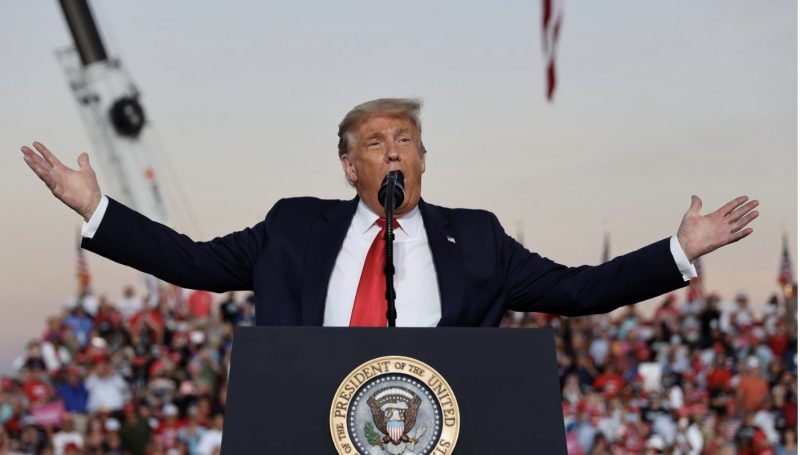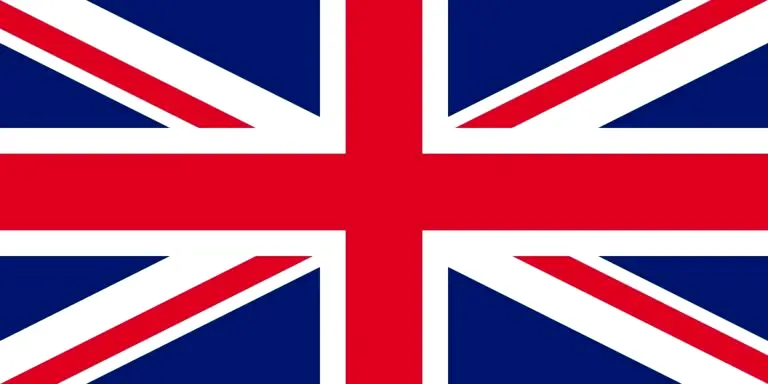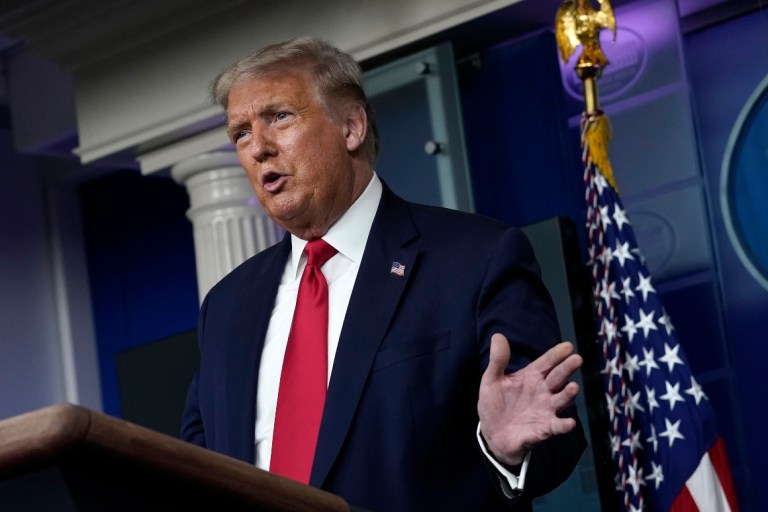The electricity distribution companies (DisCos) in the country have begun the implementation of the new electricity tariff.
The DisCos began implementation of a new service-based reflective tariff (SRT) structure nationwide on September 1 after receiving approval from President Muhammadu Buhari.
However, the Nigeria Labour Congress (NLC) and the Trade Union Congress (TUC) protested the new tariff and called for a nationwide strike.
After a meeting with the federal government a few hours to the protest, the NLC and TUC suspended the proposed strike after brokering an agreement to halt the electricity tariff increase.
In a notice on Monday, some of the DisCos announced that they have resumed the implementation of the new tariff from November 1.
According to Ikeja Electric, the new tariff regime will enable the Nigeria Electricity Supply Industry (NESI) to cover the cost of their operations and ensure improved service delivery.
“This revision is further to the consultative review meetings held between the federal government, labour unions and other stakeholders, following concerns raised about the basis of the Multi-Year Tariff Order (MYTO) 2020 SRT tariffs, which were earlier planned to be implemented from 1st September 2020.” Ikeja DisCo said.
“Under the SRT, the tariff classification is based on the quality of service and therefore, divided into 5 Bands (A-E); measured by the average availability of power supply over a month, interruptions (frequency and duration), voltage levels and other service parameters.
“With the revised tariff regime, Non-MD customers in Band A, with a minimum of 20 hours daily will now pay N51.22/Kwh. Band B customers with minimum of 16 hours daily will be charged N46.93/Kwh; while Band C customers with a minimum of 12 hours daily will be charged N37.95/Kwh.
“However, please note that customers in Bands D and E, with minimum of eight hours and four hours per day, respectively, are not impacted by the tariff revision. Their SRT tariffs have been frozen and consequently, they will continue to be charged the old tariff prior to the introduction of the SRT.”
The Abuja Electricity Distribution Company (AEDC) stated that customers on the prepaid platform will be the first to experience the revised tariff from November 1.
Ahmed Zakari, special adviser to the president on infrastructure, had stated that the electricity market may collapse if there is no transition to a market-based regime with transparency in the collection of revenues by the DisCos.





